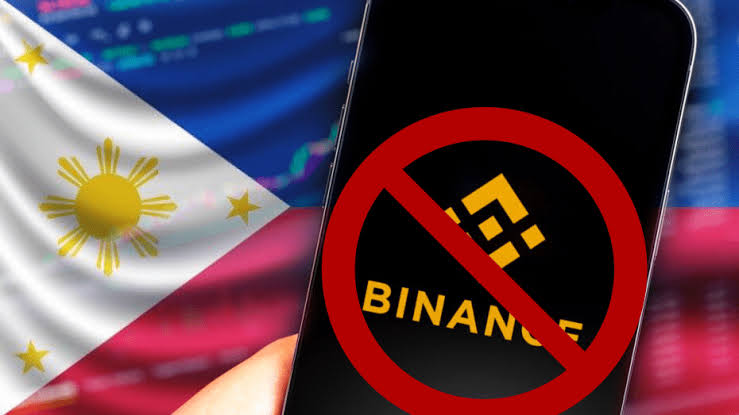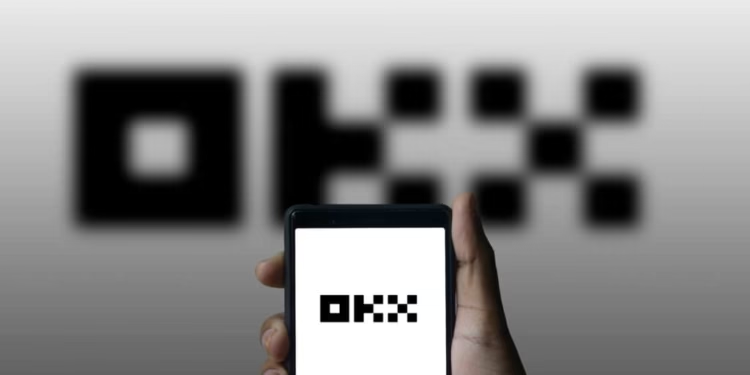OKX launched integrated decentralized exchange functionality Wednesday, automatically creating self-custody wallets for users in the US, Middle East, Southeast Asia, and former Soviet states.
The feature routes trades across more than 100 liquidity pools on Solana, Base, and X Layer networks without requiring manual wallet setup or cross-chain bridging, as DEX volumes hit a record $613 billion in October.
The company confirmed that the feature automatically creates passkey-based self-custody wallets for users and unlocks decentralized markets without the friction of manual wallet setup or cross-chain bridging.
According to OKX, the unified interface is designed to make OKX dex trading accessible to both experienced traders and first-time users.
“Mainstream users want simple, secure access to decentralized markets,” said Jason Lau, Chief Innovation Officer at OKX, in a published statement. “Our focus with OKX dex trading is to remove the technical barriers that have kept many customers out of DeFi.”
Global rollout follows rising demand for simplified DEX access
The global introduction of OKX dex trading reflects a growing trend across the crypto industry toward unified trading environments that blend centralized and decentralized liquidity. By integrating self-custody wallets directly into the OKX App, the company aims to position itself as a major access point for users seeking regulated yet flexible on-chain participation.
The upgrade also reinforces a broader industry shift after regulatory pressures and liquidity fragmentation pushed many traders toward decentralized platforms. Recent data from Dune Analytics and DefiLlama has shown consistent month-over-month growth in DEX usage, marking a clear transition toward multi-chain trading which is a trend that OKX dex trading intends to capture.
“Users increasingly expect smooth navigation between centralized and decentralized services,” said Sarah Park, a digital-asset infrastructure researcher at the Blockchain Transparency Institute. “A model like Okx dex trading, where the app manages self-custody setup and multi-chain routing, reduces major adoption hurdles.”
OKX simplifies on-chain trading with smart routing and unified views
The new feature provides smart order routing across more than 100 liquidity pools, allowing OKX dex trading users to source the best available price across multiple decentralized markets. The platform also integrates real-time token data and a combined centralized/decentralized portfolio dashboard, giving customers a consolidated overview of their positions.
OKX noted that OKX dex trading can be enabled through the app’s Explore page or via global search, ensuring an intuitive pathway for users unfamiliar with on-chain tools. The company said that the feature is being rolled out progressively and may be restricted in certain jurisdictions, depending on local regulations.
By automatically generating self-custody wallets during activation, OKX removes one of the most difficult steps for new DeFi participants: navigating private-key management, seed phrases, and cross-chain connection tools. Instead, OKX dex trading applies passkey-based security, a newer standard that reduces risk without compromising user control.
Industry analysts say this approach is likely to influence competitors. As more exchanges integrate decentralized access, user expectations around frictionless Okx dex trading-style workflows are expected to rise, placing pressure on platforms that still rely on external wallet tools.
OKX’s expansion adds momentum to the multi-chain DeFi landscape
The addition of OKX dex trading within a major global exchange app underscores how centralized platforms are increasingly adapting to multi-chain, user-controlled trading models. With decentralized-exchange participation rising and regulatory uncertainty affecting centralized venues, hybrids like OKX’s design are becoming more attractive.
According to internal metrics shared by the company, availability is expanding to millions of customers worldwide, with regions added in phases as compliance checks continue. The integration across Solana, Base, and X Layer positions Okx dex trading alongside ecosystems known for speed, low transaction fees, and growing project activity factors that support both new retail adopters and high-frequency traders.
The launch also signals that liquidity fragmentation, once a primary obstacle for decentralized trading, is being addressed through innovations like multi-pool smart routing and unified portfolio views. This evolution places OKX dex trading at the intersection of user-friendly DeFi and high-performance market access.
As the crypto landscape continues shifting toward transparent, decentralized infrastructure, OKX’s rollout of OKX dex trading is likely to serve as a reference point for how exchanges integrate self-custody and multi-chain access without overwhelming new users.











